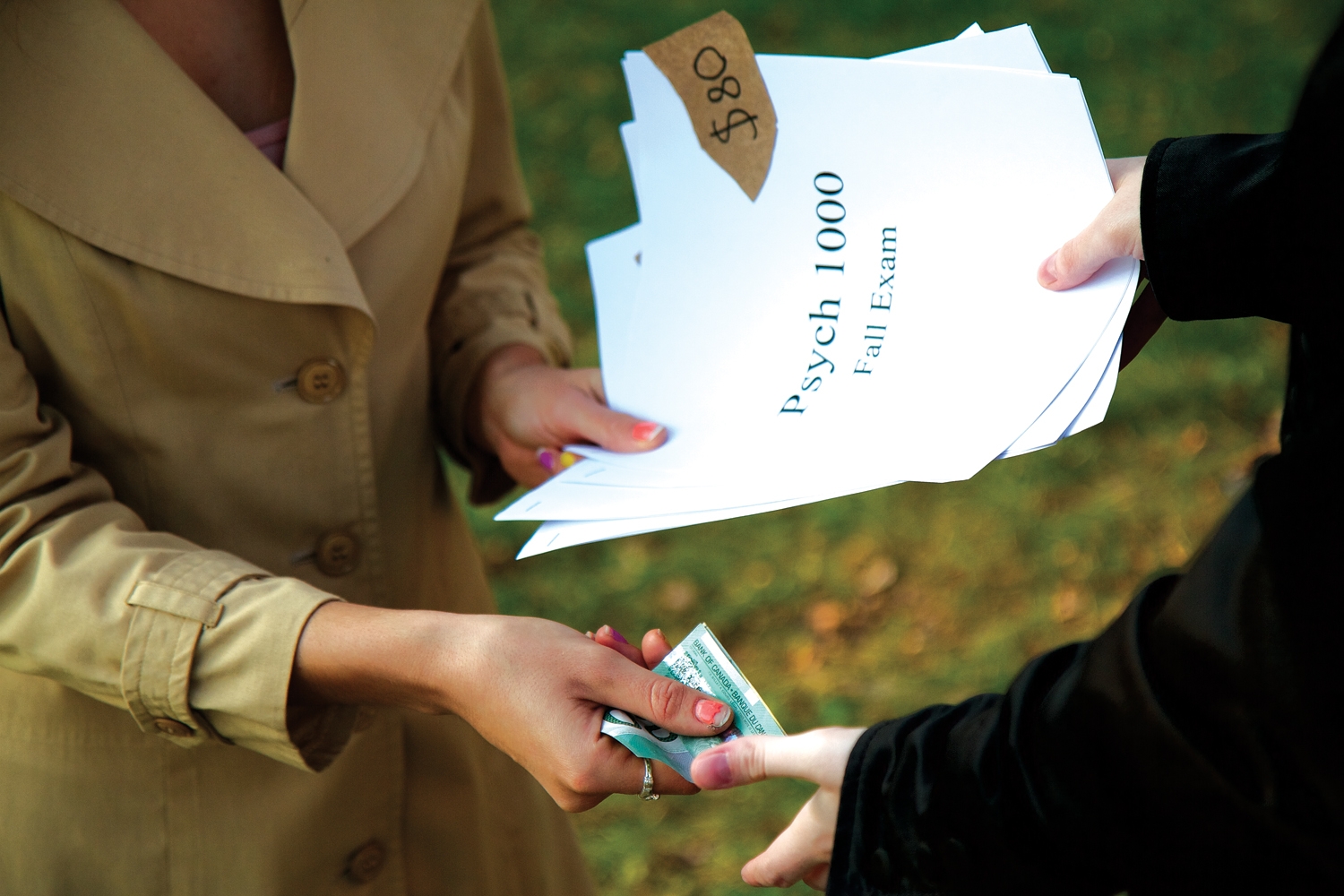York administrator questions fairness of test accessibility; not all majors can purchase old exams
Jacqueline Perlin
Assistant News Editor

Purchasing past exams is rather common on campus, but the practise has been significantly limited to a select number of faculties.
According to Peter Nguyen of Club Infinity, students in the ADMS, CHEM, and MATH faculties are able to purchase mid-terms and finals from clubs. These clubs obtain the exams from professors who donate their past exams to student clubs. Resulting funds usually go towards various club initiatives, including event funding.
However, only students in certain faculties can buy tests, which raises the question of equal accessibility to tests for students across all faculties.
Kim Michasiw, associate dean programs for the Faculty of Liberal Arts and Professional Studies (LA&PS), says that York’s graduate program keeps previous exams on file for all graduate students.
Since these tests are made available to students without cost, he explains, all students should be able to easily access them.
“If one transforms [the sale of past exams and tests] into a commodity, anything that is for sale is more within the range of some students than others,” says Michasiw.
He adds that the way the graduate program operates seems to be the appropriate way of dealing with distributing past exams.
Nevertheless, chemistry professor Gerald Audette explains that when he donates exams, it is for the intention of helping the student society raise money for their club to host events for chemistry students.
Audette also says the current process saves him from posting all of his tests; he can simply instruct students to speak to their representatives, calling the donation process “an exam bank”.
He creates an example: if it costs the club 60 cents to photocopy an exam, they could sell it for around two dollars per exam. The rest of the funds would then be pocketed for student club initiatives and activities.
To avoid any infringement on academic integrity, Audette says all professors involved in exam donations change their tests every year.

Nevertheless, Michasiw explains the university doesn’t have an agency to guarantee the originality of the exam.
“It’s an honour system,” he says. “We presume students are not cheating and professors are doing the labour they are paid.”
To ensure all students have access to past exams, Michasiw says the university should implement a database for all students in all faculties.
“[My] suggestion as an upper-middle manager would be archiving online a selection or the complete works of past exams would be the best way of addressing this. It would work towards equity.”
Audette explains that it would be extremely difficult to put such a database online.
“It’s a laudable ideal but difficult to work out,” he says. “Logistically it’s a bigger proposition than giving it to the student societies and actively allowing [them] to photocopy and distribute exams through that forum.”
He adds that profit would likely still be a factor if the exams are sold through the university instead of a student club, noting that when he attended the University of Alberta, which had a past exam database, the university would charge no less than the student societies selling the same exams.
According to York administration, the concept of a university-wide database for past exams and tests can become a possibility, but the university would look to students to take initiative on the issue. They suggest York professors could even arrange an agreement with the library for a potential database.




